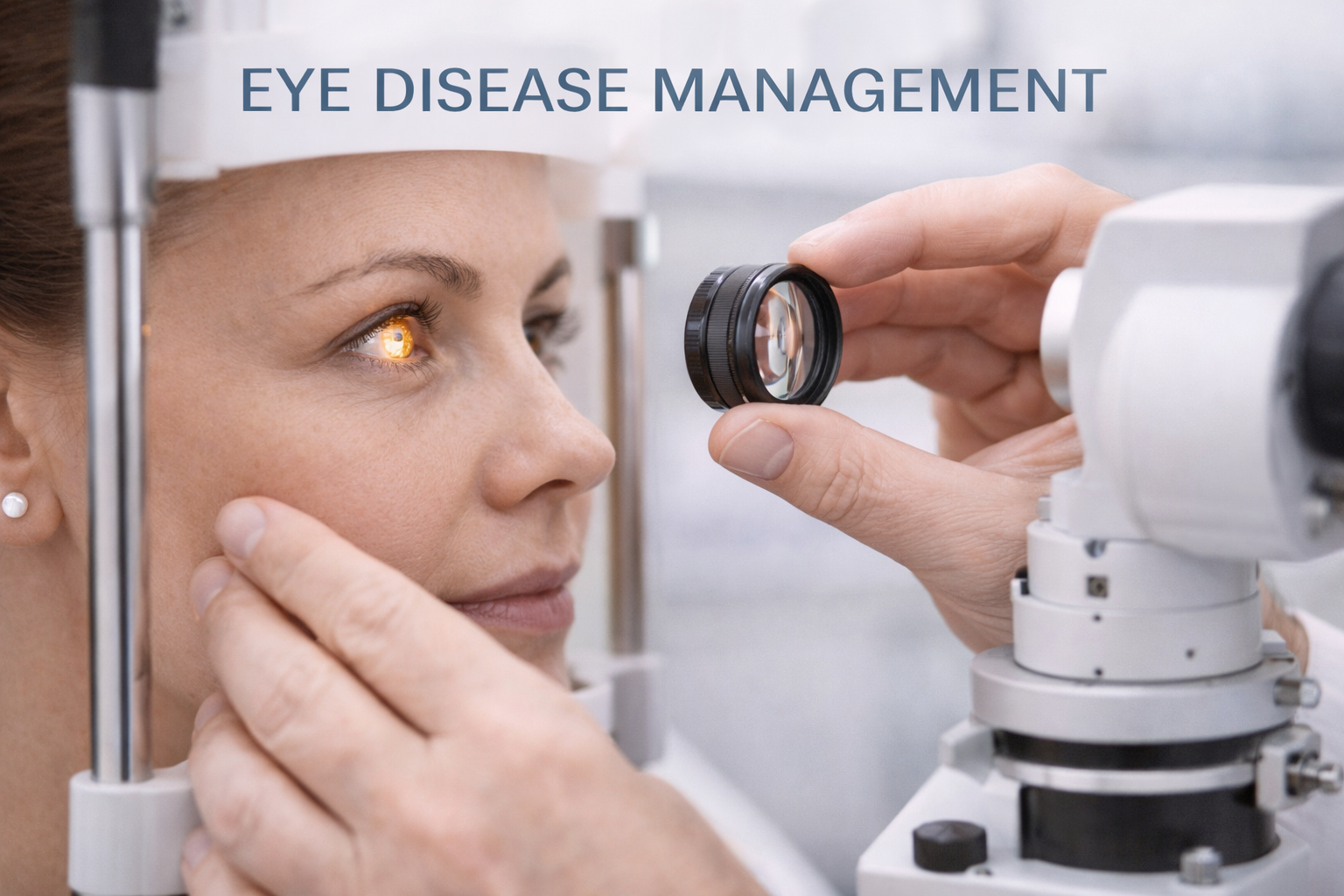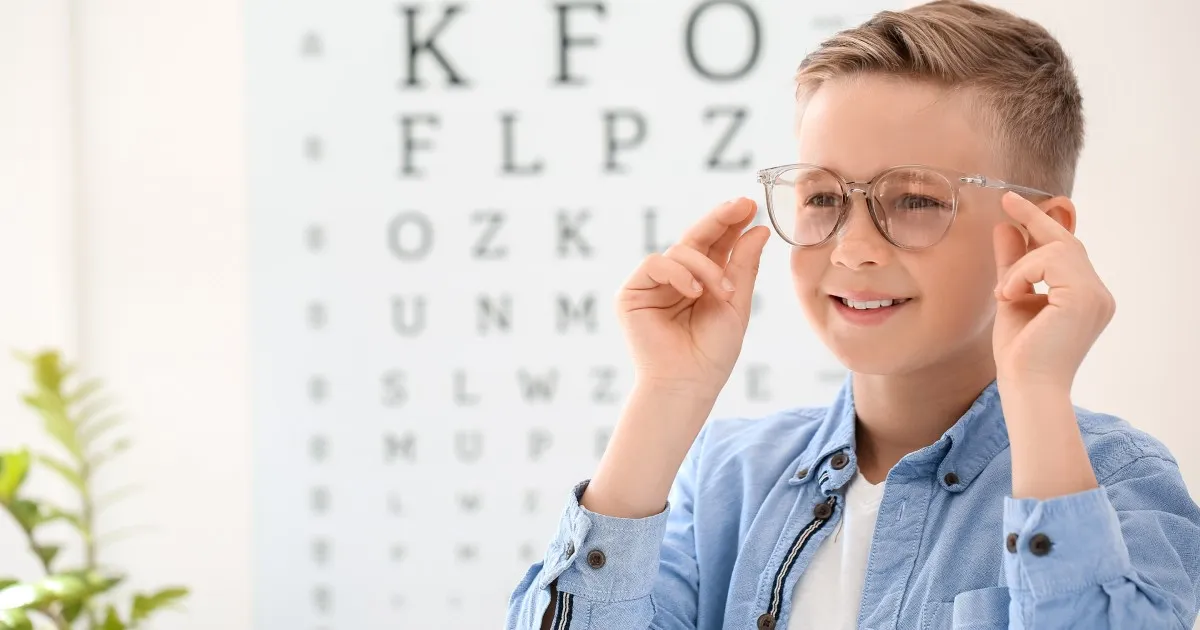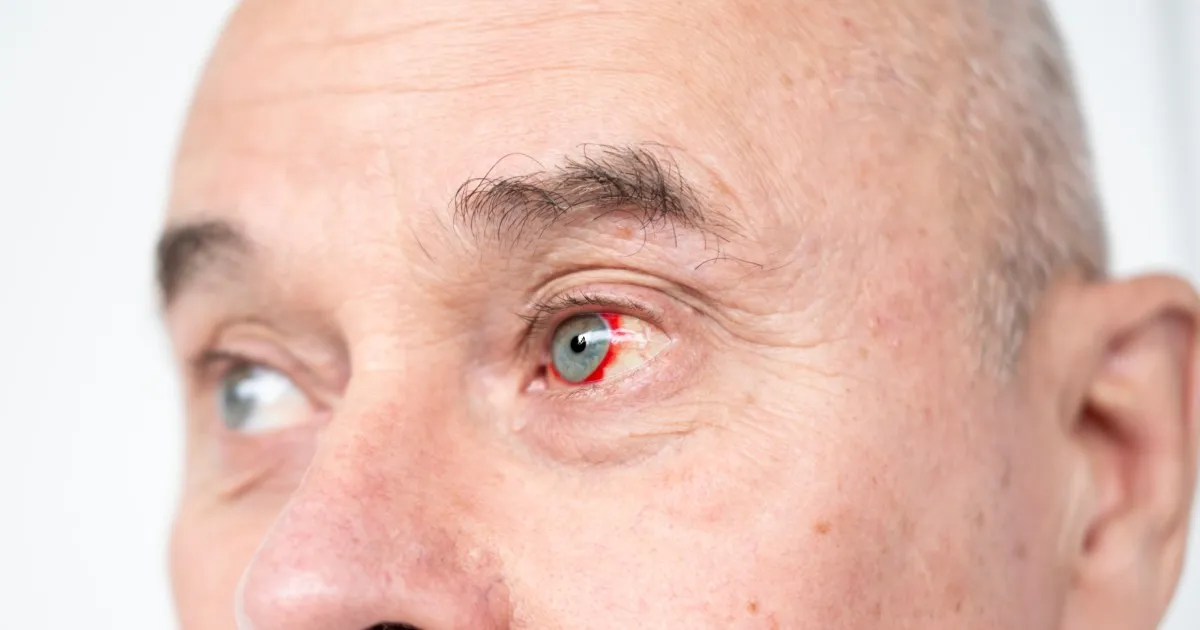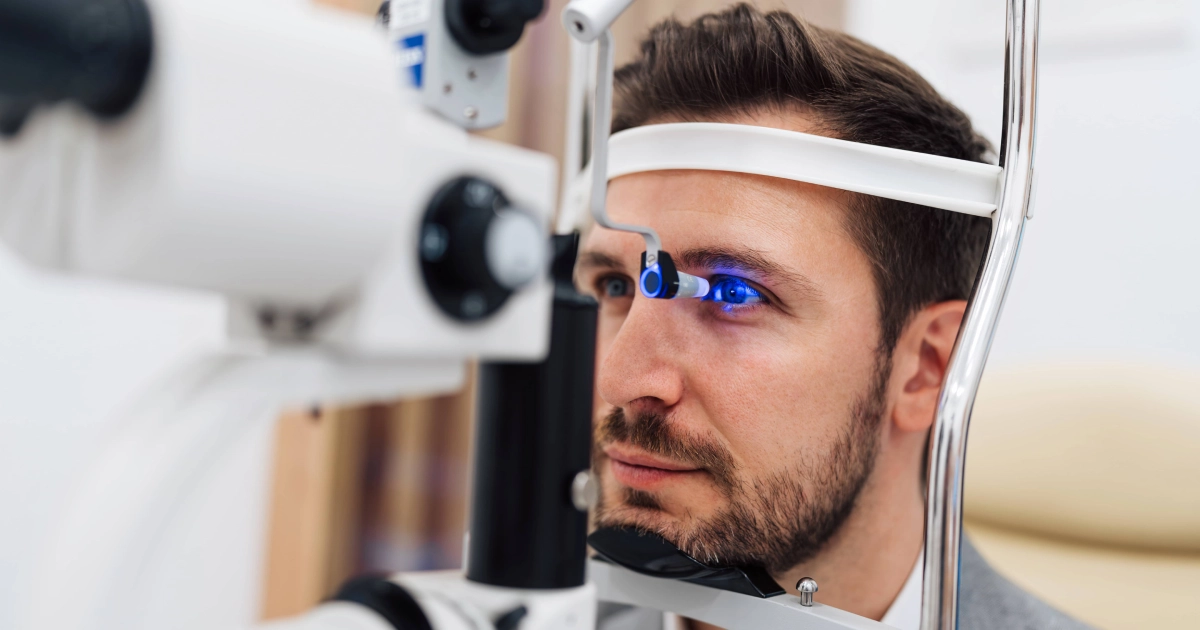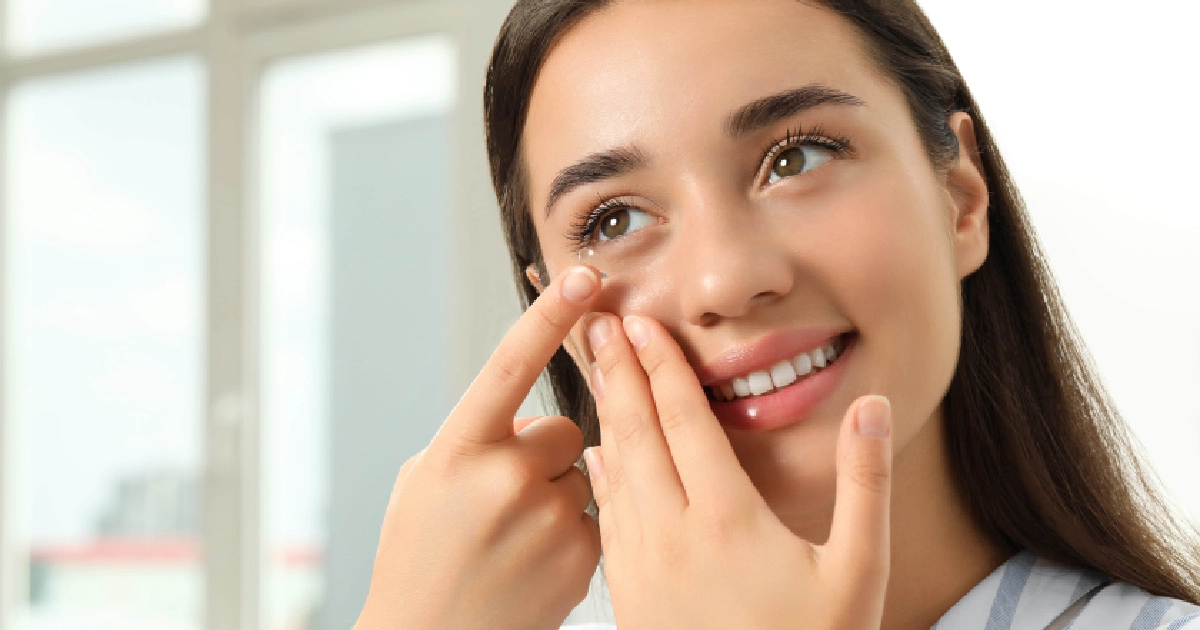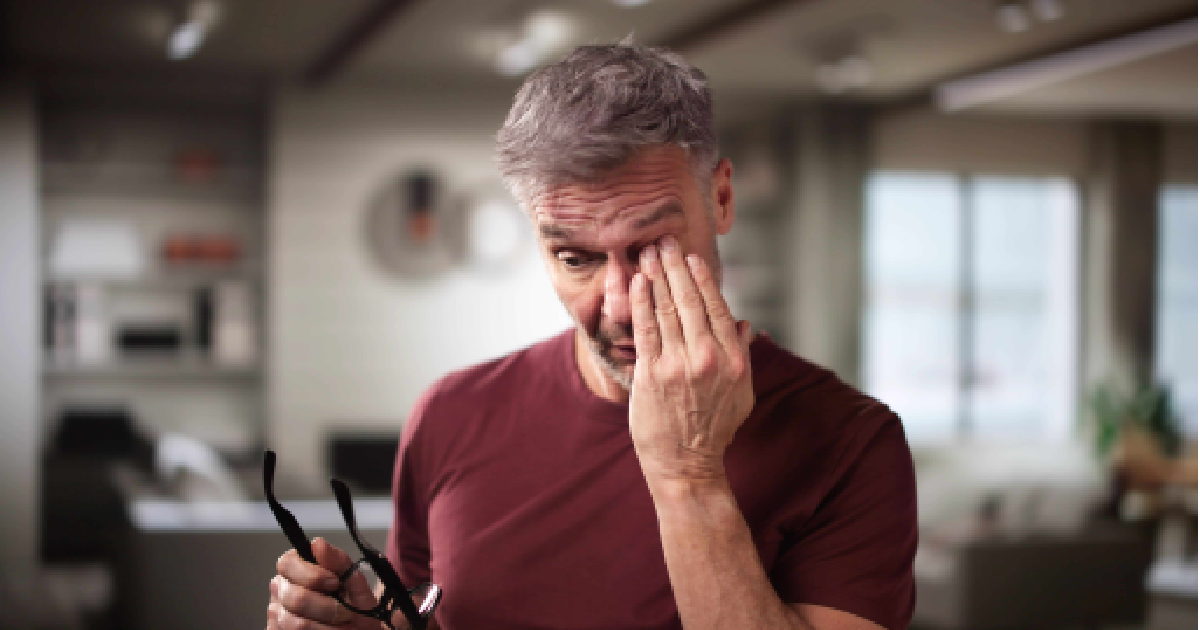Table of Contents
Have you ever thought about how much your eyesight impacts your daily life? From reading and driving to recognizing faces, our vision plays a crucial role in almost everything we do. But just like any other part of our body, our eyes need the right nutrients to stay healthy. With experiences like glaucoma, cataracts, and macular degeneration becoming more common, knowing which vitamins and nutrients can help prevent eye diseases is more important than ever.
Many people don’t realize that what they eat directly affects their vision. Certain vitamins and nutrients have been proven to support eye health, lessen age-related diseases, and keep vision sharp for longer. So, what are the best vitamins for eye health, and how can you get them from your diet? Let’s dive into the key nutrients you need for optimal vision and how they contribute to eye disease management.
Why Nutrition Matters for Eye Health
Our eyes rely on a complex network of cells, nerves, and blood vessels to function properly. Like the heart, brain, and skin, they need proper nutrition to stay strong and resist damage. Over time, exposure to sunlight, environmental toxins, and the natural aging process can lead to oxidative stress, which damages the cells in the eyes.
The good news? Certain vitamins and nutrients can help slow this process, reduce the risk of eye conditions like macular degeneration, cataracts, and diabetic retinopathy. Including these essential nutrients in your diet—or taking them as supplements—can play a major role in eye disease management.
Essential Nutrients for Eyesight
Vitamin A is crucial for good vision, especially in low-light conditions. It supports the retina and helps prevent night blindness. This vitamin also keeps the cornea—the eye’s outermost layer—healthy and clear.
Foods rich in vitamin A include:
- Carrots
- Sweet potatoes
- Spinach
- Kale
- Liver
Vitamin A deficiency can cause dry eyes, poor night vision, and an increased risk of infections. Getting enough of this nutrient is essential for maintaining overall eye health.
Vitamin C: The Antioxidant Powerhouse
Vitamin C protects the eyes from oxidative stress. It helps slow the progression of cataracts and age-related macular degeneration by fighting free radicals that cause cell damage. It also supports the health of blood vessels in the eyes, reducing the risk of vision loss due to poor circulation.
Foods high in vitamin C include:
- Oranges
- Strawberries
- Bell peppers
- Broccoli
- Kiwi
Including vitamin C-rich foods in your diet can help strengthen the delicate structures in your eyes and keep them functioning properly.
Vitamin E: Shield Against Oxidative Stress
Like vitamin C, vitamin E is a powerful antioxidant that protects eye cells from damage. Studies have shown that it may help slow the progression of macular degeneration and reduce the risk of cataracts.
Good sources of vitamin E include:
- Almonds
- Sunflower seeds
- Avocados
- Spinach
- Peanuts
Since our bodies don’t naturally produce vitamin E, it’s important to get it through food or supplements to ensure long-term eye health.
Omega-3 Fatty Acids: The Eye Lubricators
Omega-3 fatty acids, particularly DHA and EPA, are essential for maintaining eye moisture and reducing inflammation. They are ideal for people suffering from dry eye syndrome and can also protect against macular degeneration.
Foods rich in omega-3s include:
- Fatty fish (salmon, mackerel, sardines)
- Chia seeds
- Walnuts
- Flaxseeds
- Fish oil supplements
If your diet lacks omega-3s, you might feel eye dryness, irritation, or an increased risk of vision problems later in life.
Zinc: The Vision Supporter
Zinc is a vital mineral that transports vitamin A from the liver to the retina. This vitamin plays a crucial role in night vision and lessens the risk of age-related eye diseases.
Zinc-rich foods include:
- Oysters
- Beef
- Chickpeas
- Pumpkin seeds
- Eggs
Zinc deficiencies have been associated with poor night vision and weakened eye health, so getting enough of this mineral is essential.
Lutein and Zeaxanthin: The Eye’s Natural Sunscreen
Lutein and zeaxanthin are carotenoids that act as natural filters, keeping the eyes from harmful blue light and oxidative damage. They also carve out the factors of macular degeneration and cataracts.
Foods containing lutein and zeaxanthin include:
- Leafy greens (spinach, kale, collard greens)
- Eggs
- Corn
- Oranges
- Zucchini
These nutrients accumulate in the retina and help prevent UV rays and screen exposure damage, making them crucial for long-term eye health.
The Role of Nutrition in Eye Disease Management
Eye diseases like glaucoma, diabetic retinopathy, and macular degeneration don’t happen overnight. They develop gradually, often without noticeable symptoms in the early stages. That’s why taking a proactive approach through diet and supplementation can make a significant difference.
Eye disease management in Glenview, IL, is focused on early detection and intervention. At Rosley Eyecare & Associates, experts use cutting-edge technology to diagnose and treat conditions like glaucoma and cataracts before they become severe. A key part of managing eye diseases is ensuring patients receive the right nutrients to slow progression and preserve their vision.
Incorporating a nutrient-rich diet, regular eye exams, and proper medical care can help individuals maintain their eyesight for as long as possible.
Taking a Proactive Approach to Eye Health
Protecting your vision starts with small, everyday choices. Wearing sunglasses to protect against UV rays and reducing screen time can all contribute to healthier eyes. Additionally, scheduling regular eye exams can help detect early signs of disease before they lead to permanent vision loss.
If you’re looking for expert eye care and advanced treatments, eye disease management in Glenview, IL, provides patients with cutting-edge solutions for preserving eyesight. Rosley Eyecare & Associates offers comprehensive eye disease management, helping individuals maintain their vision with early diagnosis and personalized treatment plans.
Take Control of Your Eye Health Today
Your vision is one of your most valuable assets—don’t take it for granted. By ensuring you get the right nutrients, staying proactive with eye care, and seeking professional guidance when needed, you can maintain healthy eyesight for years to come. Book now!
Care for Your Eyes – Discover Top Eye Vitamins!

